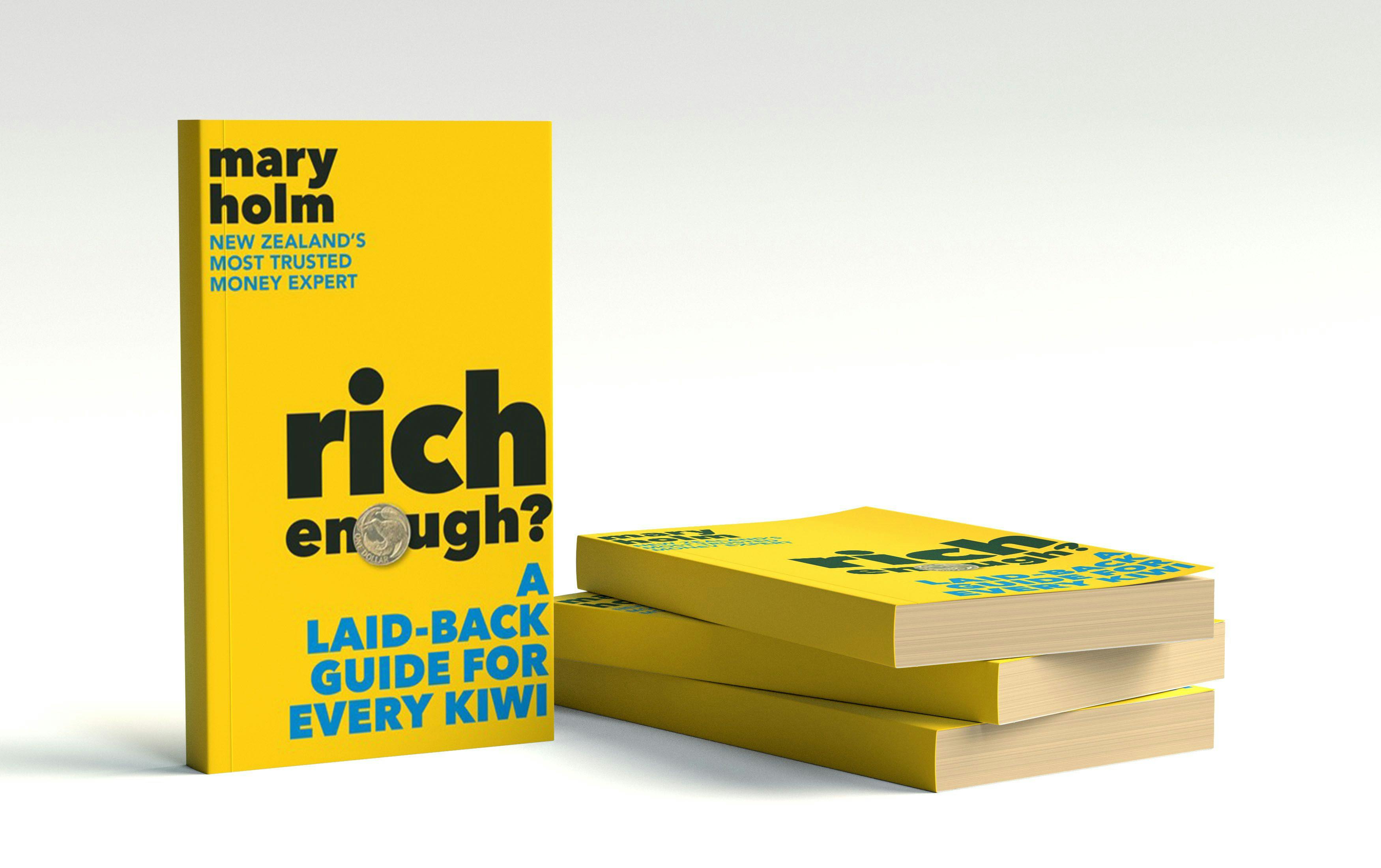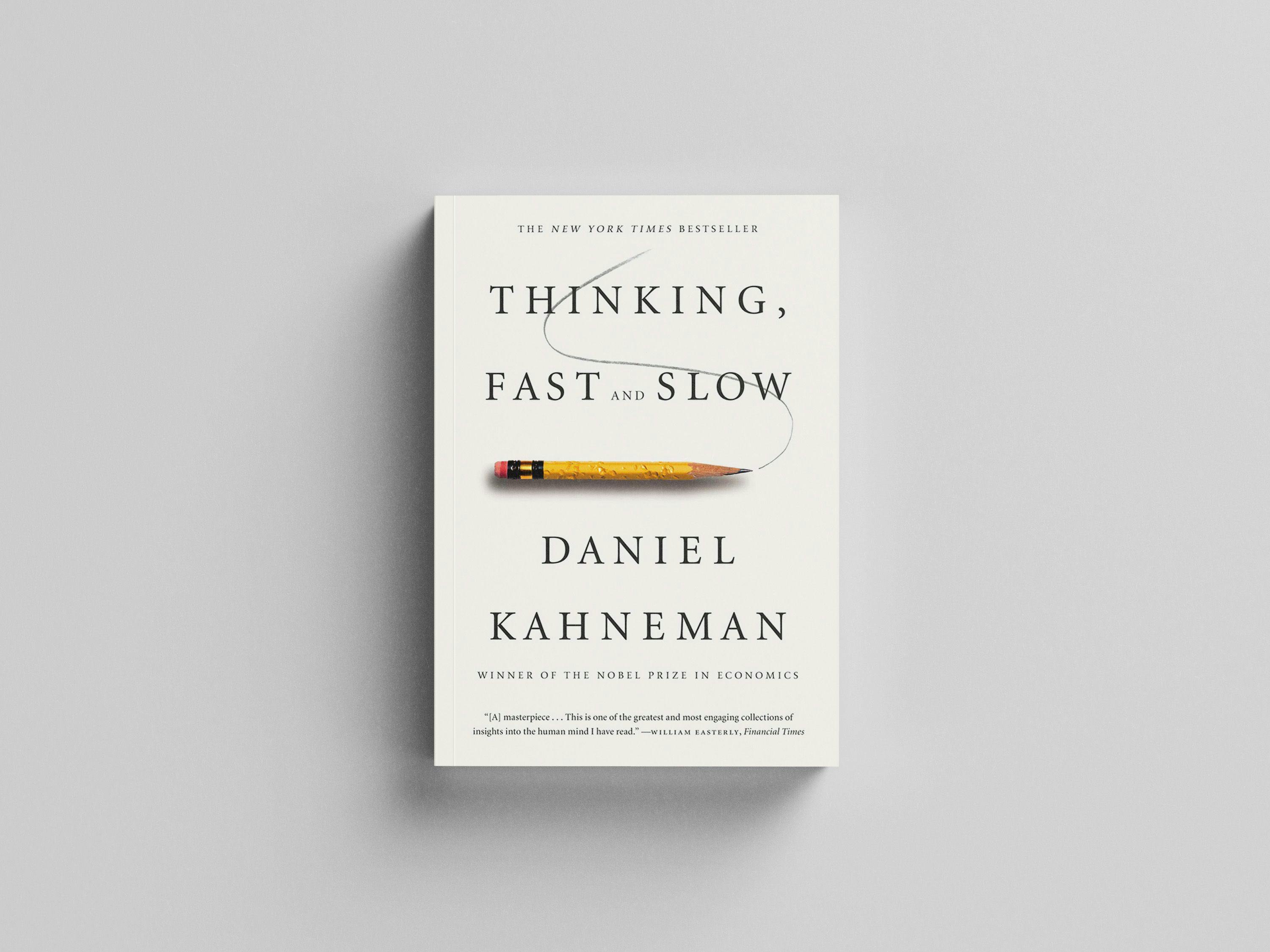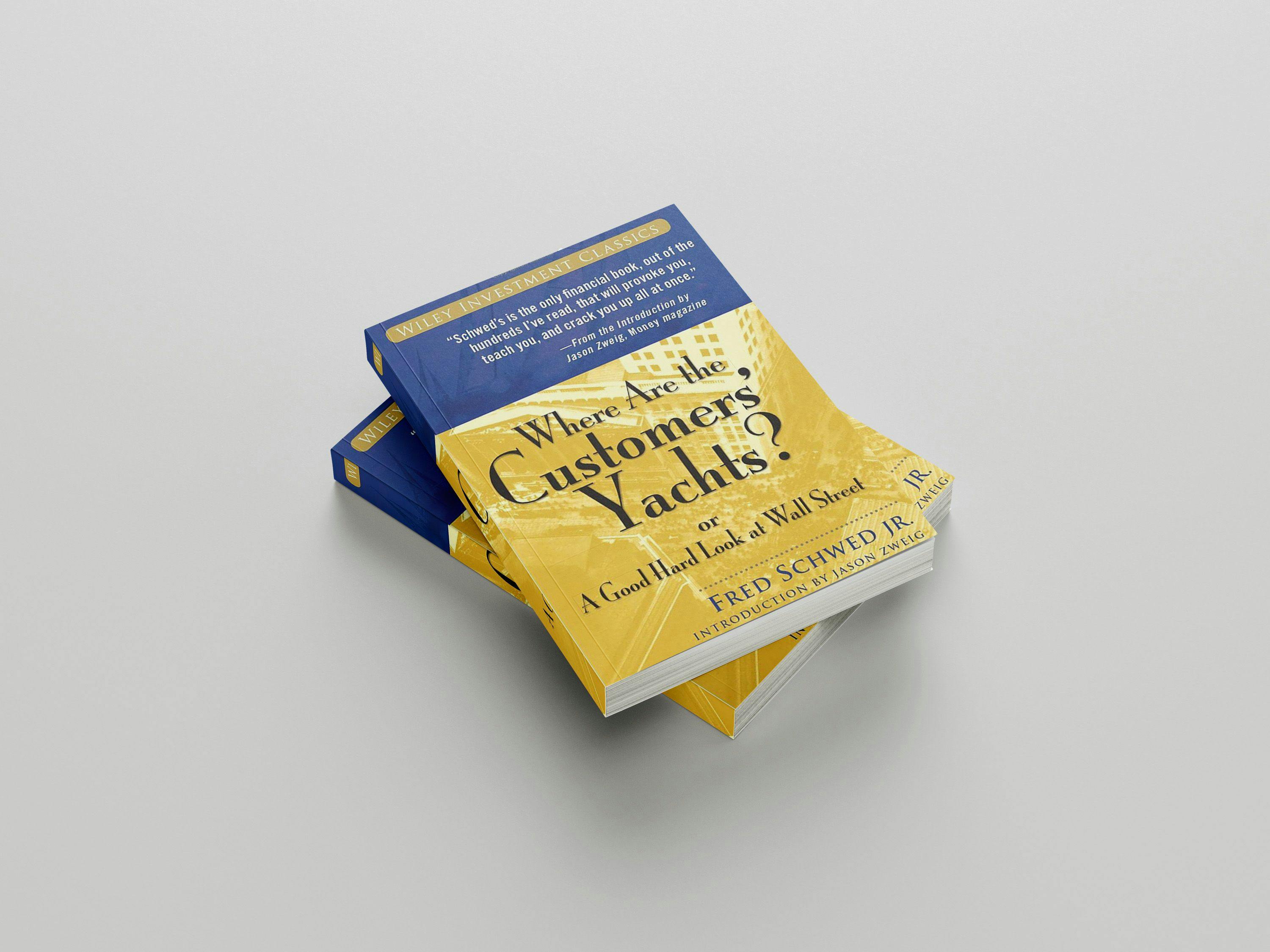How to Set and Follow Through With Your 2022 Financial Goals
Do you have financial goals or life goals that you'd like to tackle in 2022? We share our tips to do...

Christine Jensen
28 December 2021

We love turning to a good book for some distraction, inspiration, or personal growth. There are a number of personal finance books out there to help you be better and wiser with your money.
Here are the Kernel team’s favourite personal finance books, all available for download to Kindle or audiobook.
Written by Australian celebrity financial planner, Scott Pape, this book is funny and an excellent starting place for anyone wanting to learn the basics of great individual money habits.
The blueprint is simple, live a basic life off 60% of your after-tax income, keep 20% for the unexpected, invest 10% for the long term and enjoy 10% for splurges.
Our biggest takeaways? First, one of the most dangerous things you can do is expect or want to naturally go from a 40-hour work week to zero hours in retirement. If you haven’t made a plan for retirement, (whether that includes some work or none at all), you may find yourself doing work you don’t want to do well after your planned retirement.
Second, it's all about setting achievable habits and routines, as willpower is like a muscle that becomes fatigued from overuse.

Mary Holm is a well-known New Zealand personal finance journalist and host of the “Your Money with Mary Holm” podcast. We believe this straightforward Kiwi-orientated guide should be on everyone’s reading list.
It covers all the key topics of debt, emergency savings, investing (spoiler: she’s a big fan of index investing), KiwiSaver and buying or not buying a house. The key insight, beyond a certain point, is that having more money is not the key to happiness, and sometimes the opposite.
Mary has also recently published a sequel, “A Richer You”, which is a great next step to continue on your reading journey.
Based on fascinating research about who was truly wealthy and who was all show and no dough i.e. all debt fuelled.
It points out that since the twentieth century, there is much illusion of wealth and that many outwardly “rich” Americans are actually drowning in debt for their possessions.
Our favourite saying from the book is don’t be “Big Hat, No Cattle”, or 'all talk, no action' especially if you want mental and physical wellbeing. It also isn't just about being frugal, it just means gaining financial freedom from having a “Go to hell” fund, similar to an Emergency fund.

This huge bestseller, by the first psychologist to win the Nobel Prize in Economics, is a tour of the mind and how our irrationalities and emotive decisions are actually rational.
Ground-breaking for the field of Behavioural Economics, the concepts of loss aversion, herding and availability heuristics are all truly relevant to investing.
Most well-known for the concepts of System 1 and 2, where most decisions are System 1 fast, intuitive, emotional and biased; whereas System 2 is slower, more deliberative, more logical, and recognises our human failings and that of others.
Written by the founder of Vanguard, John Bogle, this is a best-selling guide to getting smart about the market. While written from an American perspective, there are number of tips and explanations that are brilliantly applicable to New Zealand investors.
A quote from Warren Buffett about Bogle: “If a statue is ever erected to honour the person who has done the most for American investors, the hands-down choice should be Jack Bogle. For decades, Jack has urged investors to invest in ultra-low-cost index funds. Today, however, he has the satisfaction of knowing that he helped millions of investors realize far better returns on their savings than they otherwise would have earned. He is a hero to them and to me.”
This thorough book suitable for individuals, trusts, and advisers comprehensively explains the futility of spending time seeking alpha, and why profits and incentives lead to misleading advertising. Ferri explains where value can truly be added - through good asset allocation, education and productive, not destructive behaviours. The bottom line is your bottom line.

This classic from 1940 remains a fascinating read and an illustration of how little has changed in the financial markets – greed, fear, and stupidity still rule the roost of individual investors.
This critical view of the financial profession also holds some truths for the everyday investor, highlighting that the biggest problem for most investors is controlling their own emotions. The ability to sit still is a superpower, with most people suffering from an inability to do nothing. Re-enforcing that the best portfolio is the one you will actually stick with.
This book is a consolidated version of his blog, with one of his most popular reads “Why you need f-you money” becoming viral after its inclusion in the movie 'The Gambler' (language warning).
A combination of personal finance principles combined with a simple investment guide; the book is designed to set readers on a path to financial independence.
While written for the American reader, the key investment philosophy holds true for all readers: No one can reliably time the market. No one can reliably pick individual stocks over time. No one can reliably pick the next winning active fund manager. Instead, adopt a simple, proven, and effective strategy for accruing wealth through the core use of index funds.
George Samuel Clason is an author from the early 1900s who revolutionized financial advice when he started writing pamphlets about achieving financial success.
The Richest Man in Babylon is a compilation of this work, written as a collection of parables set in ancient Babylon. Centred on the fictional character Arkad, a poor scribe who became the ‘richest man in Babylon’, George details the secret to creating wealth is spending as little as possible, saving money so you can invest, and investing in yourself so you can seize opportunities as they arise. These concepts hold true nearly 100 years after the book was first released.
George is also credited with inventing the term ‘Pay yourself first’, a concept we are strong proponents of and have written on in several of our blogs.
This one is an absolute tome, but offers some brilliant overall economic analysis. Without attempting to distill it into a few sentences, this book explains inequality and its increase based on 300 years of data worldwide.
Piketty speaks about why ownership (of property, shares and/or share funds) is key to personal wealth and how economic trends are not acts of God or unchangeable - political action has curbed dangerous inequalities in the past.
The books we've mentioned share many principles all investors can follow to help build long-term wealth, regardless of which country they were written in.
1. Control Your Expenses. To save and invest a minimum of 30% of your earnings, you will need to control the money going out. This means learning to live below your means and trying to avoid unnecessary expenses – especially the larger ones. We’re not saying cut the daily coffees but finding a balance that works for you.
2. Make Money Work for You. Every spare cent, above an emergency fund, should be directed towards your investment goals. If you do this and make sound investment decisions, your saved money will increase considerably.
A proven way to build long-term wealth is through index funds, as recommended by a number of the personal finance books above.
If you were looking to replicate the Barefoot Investor or A Simple Path to Wealth strategy, you would start with a well-diversified NZ index fund, such as Kernel’s NZ 20 Fund or NZ 50 ESG Tilted Fund, and then support this with a broadly diversified global fund such as our S&P 500 or S&P Global 100.
3. Protect Your Wealth. While investing involves certain degrees of risk, that does not mean you need to be concerned about losing your entire investment. What you need to do is minimise the controllable risks. One way to do this is to diversify through a handful of well-diversified index funds.
The common theme of the personal finance books above is the emphasis on simple and proven investment strategies that you regularly contribute to and do not touch - it's simple in theory, but much harder in practice.
Take your time to create a financial plan and then stick to it. Don’t over complicate it, avoid constantly looking at your investment portfolio, and focus on the things you can control.
How to Set and Follow Through With Your 2022 Financial Goals
Do you have financial goals or life goals that you'd like to tackle in 2022? We share our tips to do...

Christine Jensen
28 December 2021
Budgeting is Boring, But We’re Talking About it Anyway!
Spoiler alert: You don’t need to sacrifice everything now in order to dramatically change your finan...

Catherine Emerson
9 August 2020
Starting to Invest – 5 Things All Investors Need to Know
Are you thinking about starting to invest? You don’t need to know as much as you might think. Here a...

Catherine Emerson
18 November 2024
For market updates and the latest news from Kernel, subscribe to our newsletter. Guaranteed goodness, straight to your inbox.
Indices provided by: S&P Dow Jones Indices